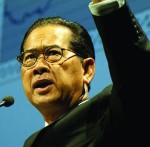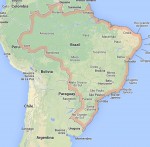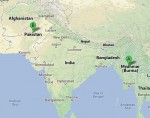Asia currencies: Stronger after four years of decline
Bank of Korea and Bank Negara Malaysia have turned hawkish in recent statements, laying the groundwork for interest rate increases . . .
AFTER FOUR YEARS of depreciation, Asian currencies put in a much stronger performance in 2017. Our Asian currency index shows a gain of 4.6% year-to-date against the U.S. dollar.
How Asian currencies fare in 2018 will depend on which of two contrasting forces dominates: (i) the effect of policy normalisation in the major advanced economies on capital flows to emerging markets; or (ii) a strengthening and broadening of Asian economic growth with export recovery spilling over into domestic demand.
















